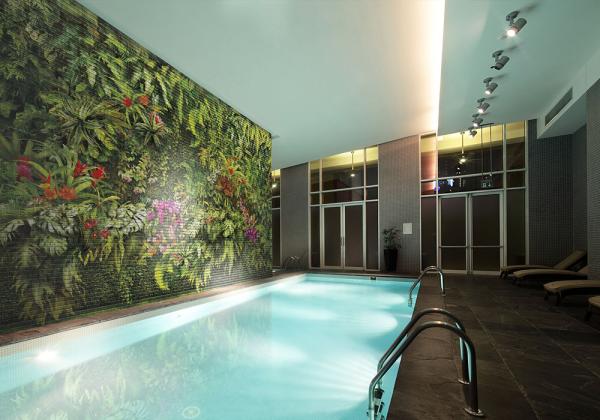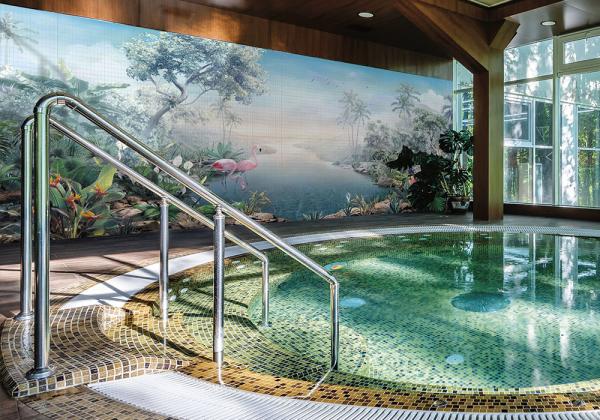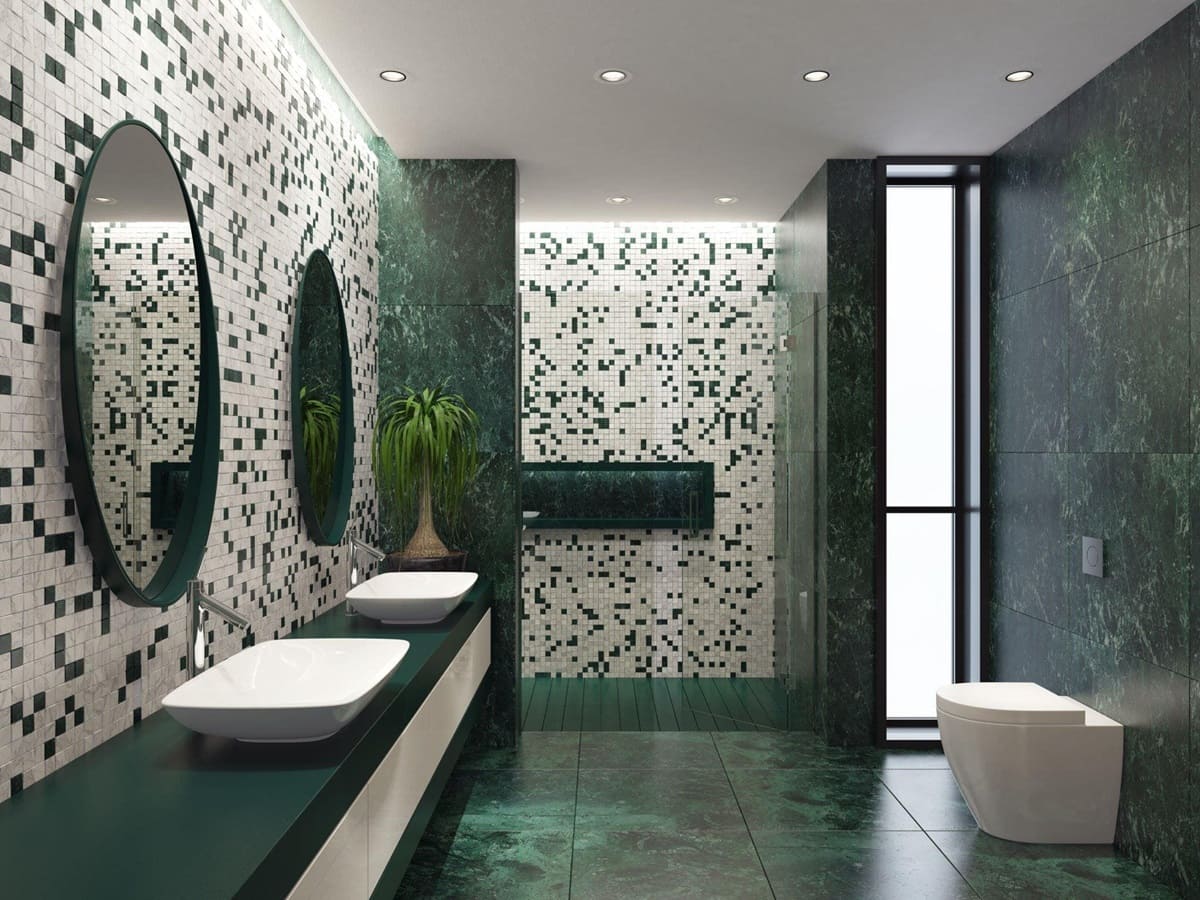
Mosaic in the apartment: how to use mosaic in the interior
Mosaic in the apartment interior: solutions and advantages. Mosaic (from the Latin musivum — “dedicated to the muses”)…there is something mysterious, imaginative, creative about this word. Mosaic is a technique for creating ornaments and patterns from small-format solid pieces of material (chips) laid out on various planes. The mosaic is based on smalt, stone or glass. These magnificent colorful products are able to create an incredibly durable surface, resistant to the influence of moisture and temperatures, as well as a very intricate ornament.
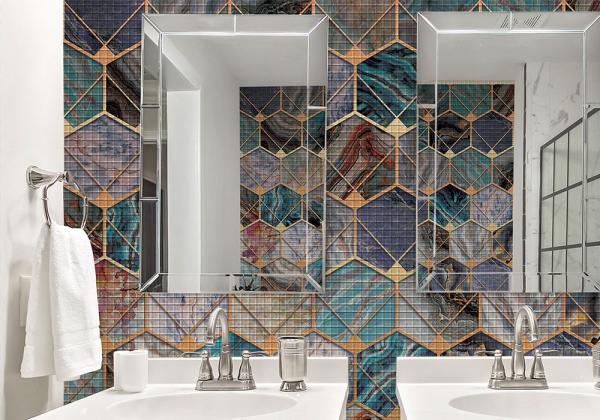
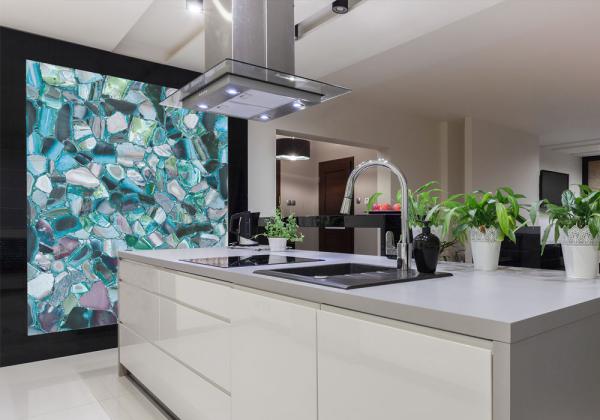
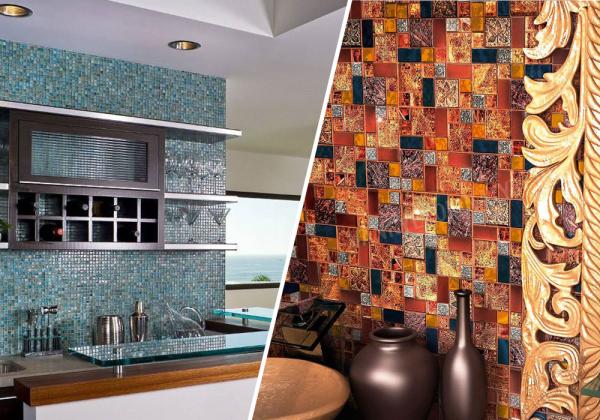
History of origin
Mosaic art originated when ancient civilizations began to refine their habitat. Back then, the Sumerians decorated their palaces and temples with clay sticks in the shape of cones up to 10 cm long with peculiar hats that differed in color. Different shades were obtained due to the peculiarities of the clay composition. That’s how the first mosaic technique appeared – pin mosaic.
Mosaic reached its greatest heyday in the period of antiquity, masters invented new techniques. Soon they began to use crushed pieces of stone and colored glass.
Mosaic images came to the territory of Russia a little later, in the X century, or rather after the state adopted Christianity, but they did not immediately receive special distribution due to the high cost of the material imported from Constantinople. Over time, the production of glass smalt in Kiev was established, and this caused the flourishing of mosaic art.
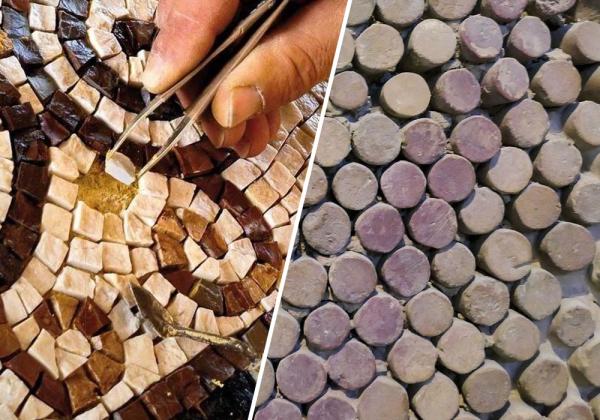
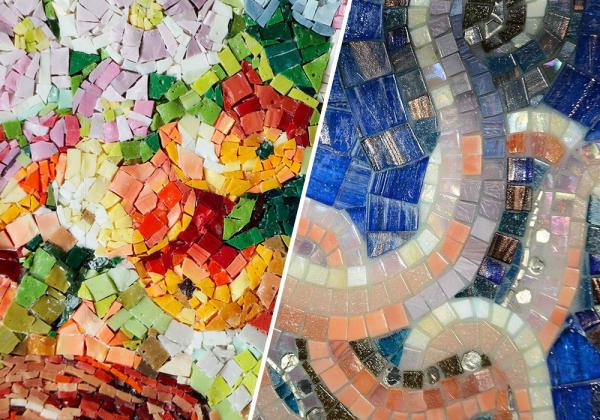
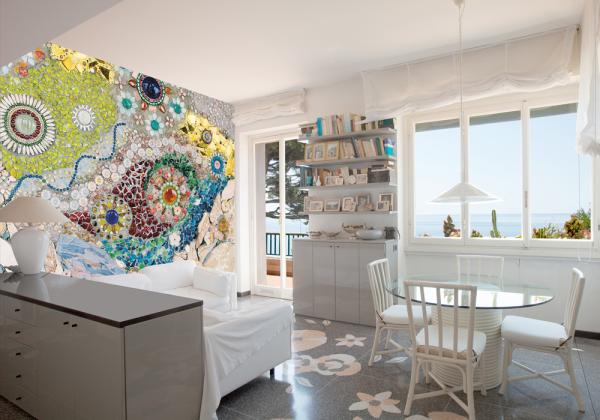
Types of mosaics
From ancient times to the present day, the varieties of mosaics are determined by the type of material and its qualitative characteristics. We offer to consider the most famous and popular types of modern mosaic tiles.
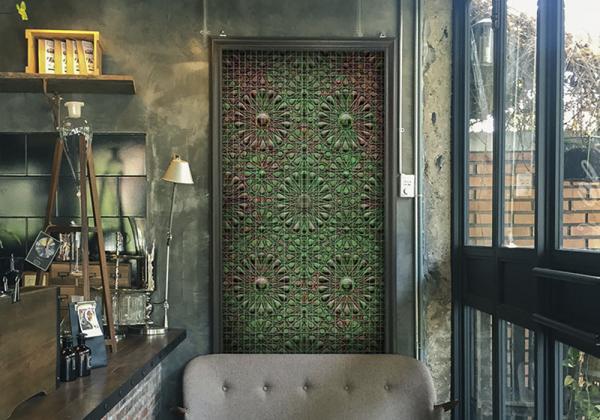
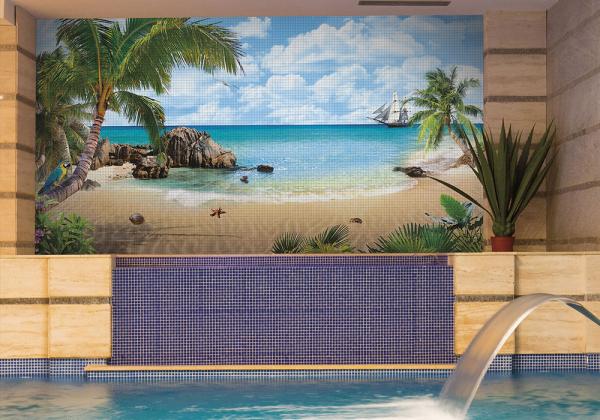
Glass
We used to think that glass is a fragile, delicate material. However, it is important to understand that when creating a mosaic tile, the glass undergoes a special temperature treatment (fired). Thanks to this technology, it becomes very durable. Currently, Venetian glass is used for the production of glass mosaics, which has the following necessary qualities, such as durability, heat resistance, frost resistance, impact resistance, a rich palette of color solutions. Glass mosaic panels are widely used both for decorating the interior surfaces of the room and for exterior decoration.
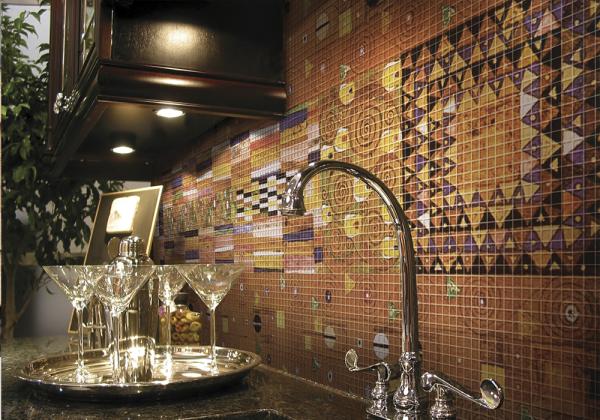
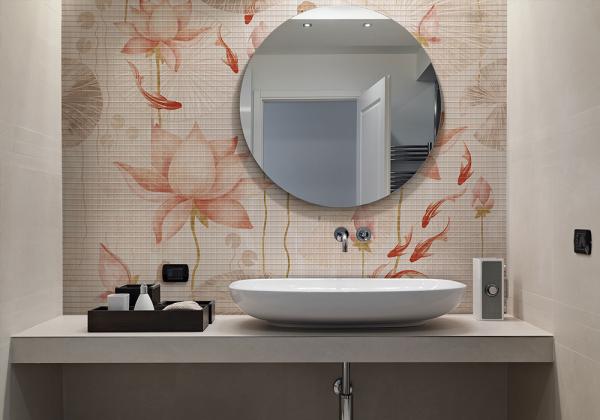
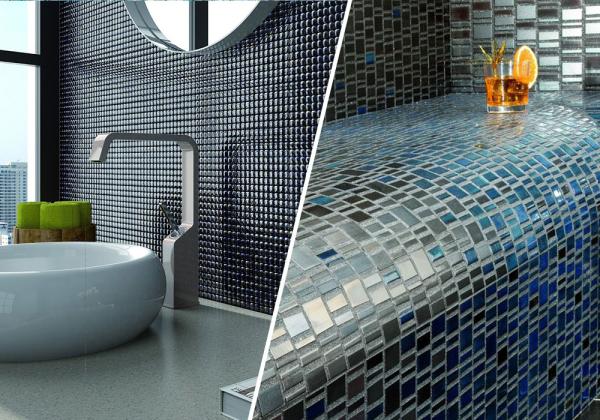
Stone
The rarest marble rocks, granite, onyx, lapis lazuli – any stone can be an element of a mosaic. Basically, the stones are ground and polished, this allows them to acquire a more harmonious appearance, as well as to fully manifest their color scheme and structure. Also, if necessary, the mosaic stone is given the effect of noble antiquity in order to achieve a more antique and refined result. If it is intended to lay stone in areas with high humidity, in this case, those types of natural stone that are least exposed to moisture are used. In order to achieve a significant increase in moisture resistance, they are impregnated with special compositions based on various synthetic resins.
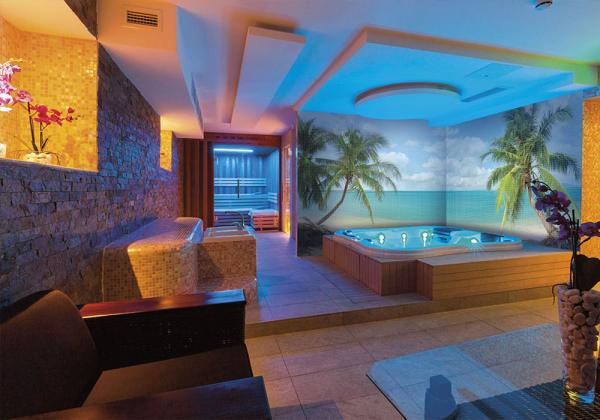
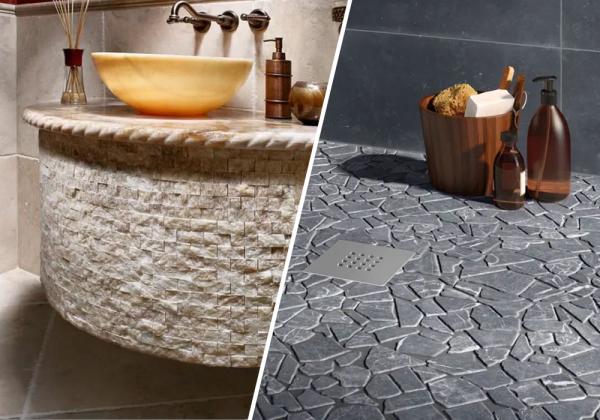
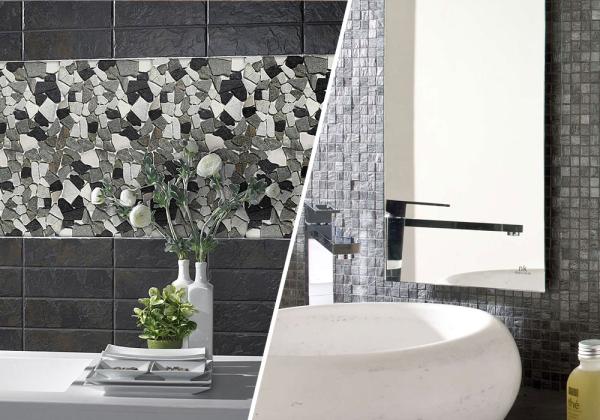
Ceramic
Ceramic mosaic is made from pieces of ceramic tiles and covered with a special colored glaze. In fact, it is a miniature version of ceramic tiles and porcelain tiles of small size. The advantages of the current mosaic include: abrasion resistance, high heat transfer, excellent aesthetic properties. The material perfectly tolerates moisture and contact with light chemicals, which allows you to use the mosaic in the kitchen and even in the bathroom.
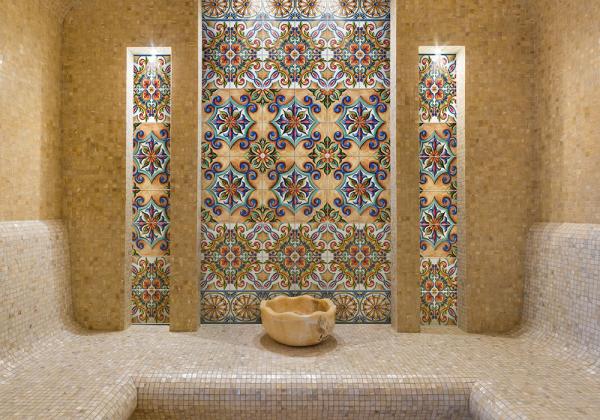
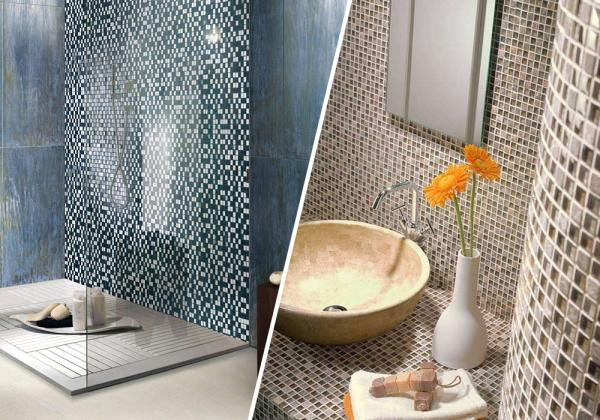
Wooden
Wooden mosaics began to “inhabit” the modern market tightly and sometimes looks very unusual, but very interesting and stylish. Externally, this type of finish is similar to plates with a pattern of different sizes, which are cut from natural wood. Plates can have different shapes: square, rectangle, polygon, rhombus, etc. Facing of this kind is strong and surprisingly durable, due to the competent selection of raw materials. In addition, it is an environmentally friendly material, which is safe to use in everyday life and as comfortable as possible.
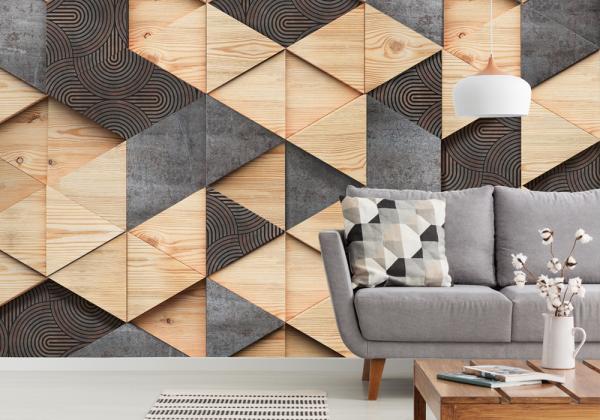
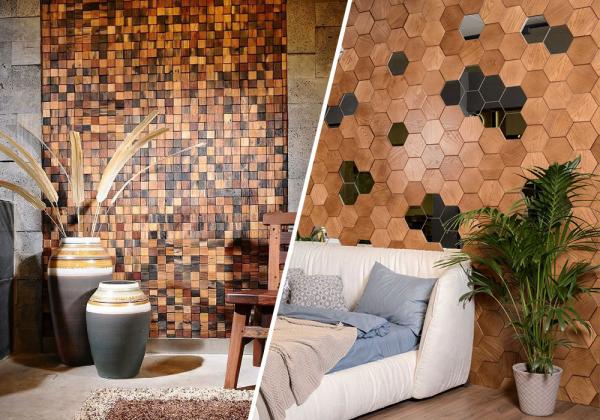
Metal
Structurally, the metal mosaic consists of caps with a height of 4 mm, made of steel with a thickness of 0.5 mm. Small metal segments with different textures make it possible to create original solutions when laying a kitchen “apron”, as well as when finishing pools from the high tech series. This mosaic is suitable for outlining large mirrors or decorating the podium of the bath. Experts manage to combine different textures and tones, creating whole panels. However, manufacturers do not recommend lining the surface located on the street with it.
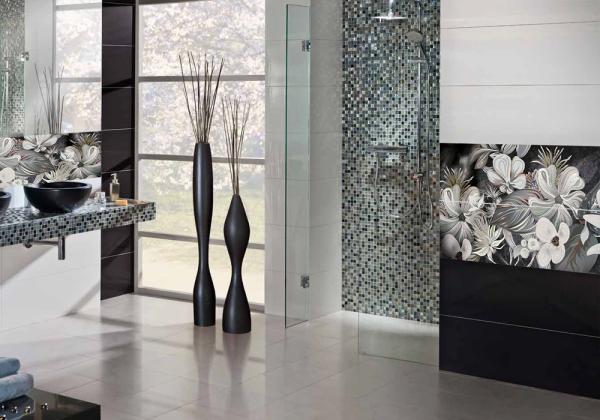
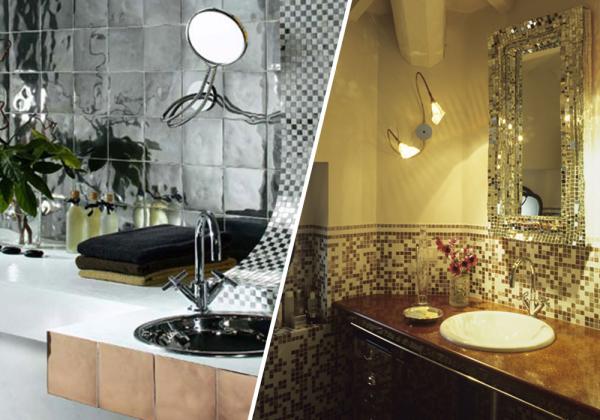
Coconut
Coconut mosaic is a polished coconut shell of nuts, which is cut into pieces of various formats, and then glued to a mosaic grid. Natural resin is used as glue. The appearance of the final product depends on the geometric shape, size, and method of processing fragments. If we talk about the area of application, coconut mosaic is considered an impeccable option for interior decoration. It is used to lay out the floor, walls, aprons, bar counters, washbasins, and also unique decorative panels are made of it.
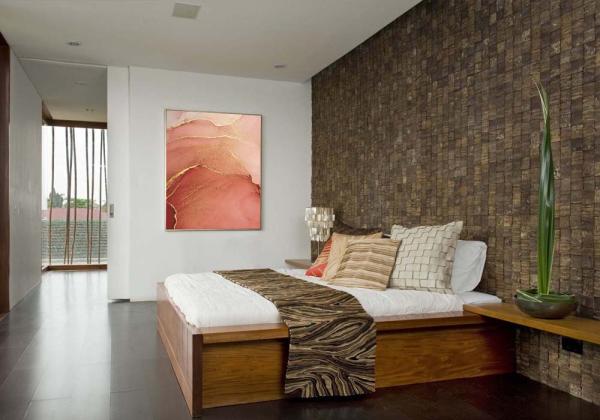
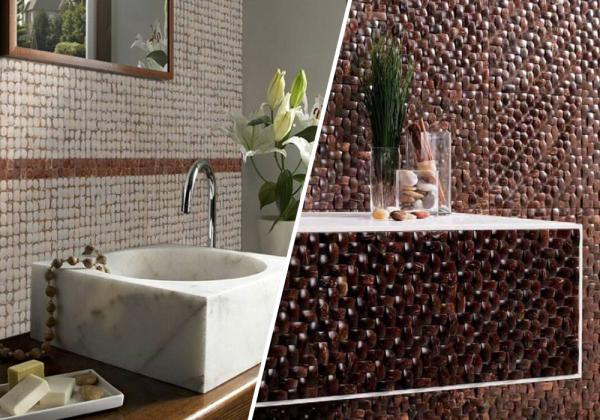
Combining materials
We suggest considering options for using mosaics in a harmonious combination with other materials. For example, mosaic is successfully combined with textured paint or plaster, with stones of artificial or natural origin, with other mosaic tiles (varying in color, size or material). It is quite acceptable to combine ceramics and wood, and wooden and coconut mosaics will look harmoniously.
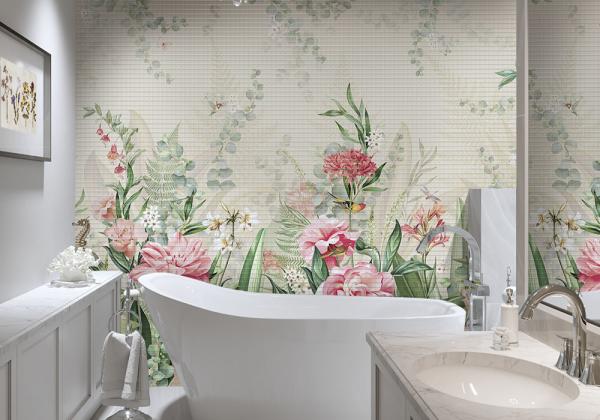
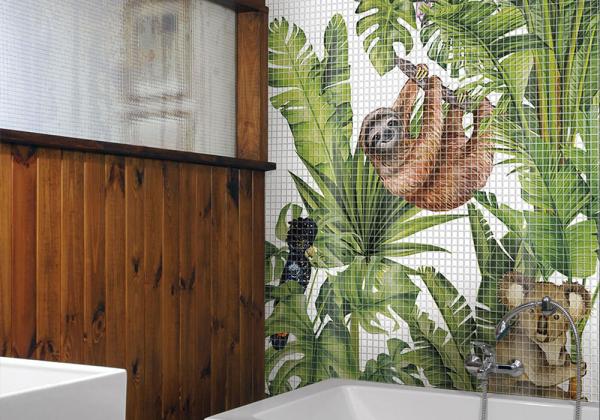
The use of mosaics in the interior
Mosaic can be used to decorate rooms with different purposes. In most cases, this type of decoration is found in the kitchen, in swimming pools, in bathrooms. This is easily explained by the fact that the mosaic is resistant to moisture, and this does not allow microorganisms to grow on it. But for bedrooms, mosaic is considered not quite an appropriate finishing option, since it is cold enough in its structure and will look too “strict” in the recreation room.
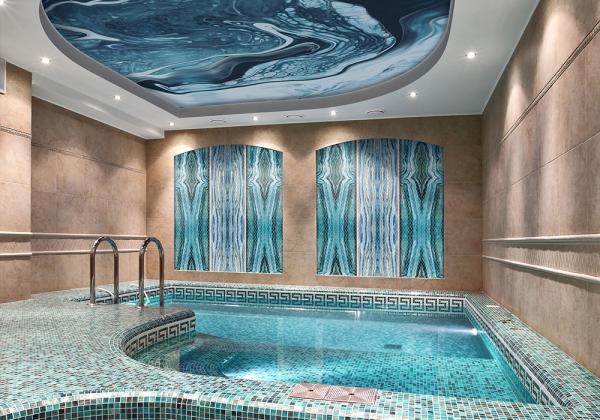
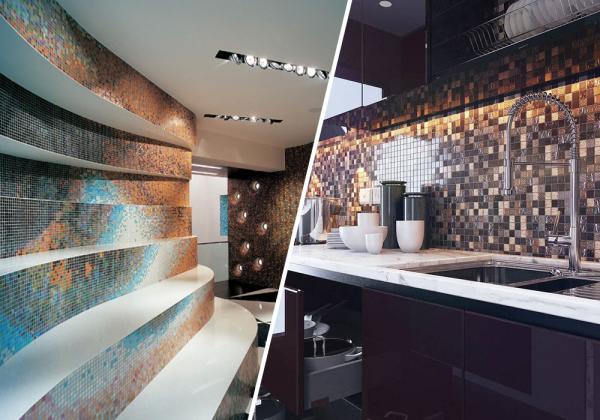
Kitchen
The most common method of introducing mosaics into the kitchen interior is the design of an apron. Since this area is most susceptible to high temperature, moisture and pollution, a mosaic will be a good solution. Traditional cuisine will be refreshed by an apron with bright patches of mosaic, it is also possible to use several shades.
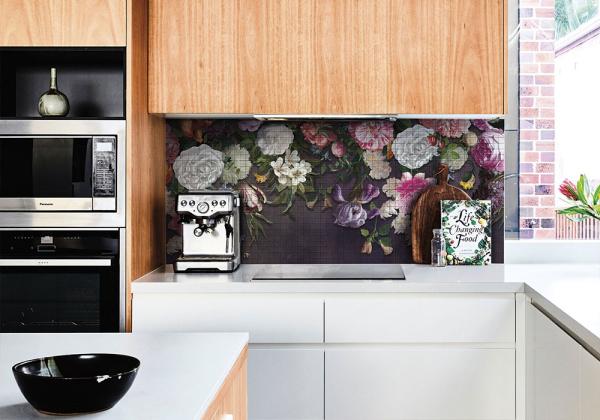
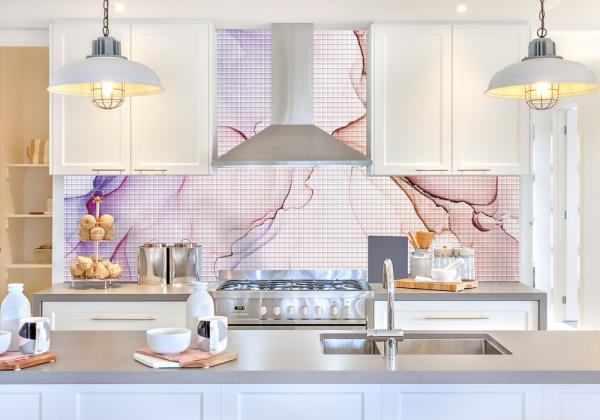
Bathroom
Ceramic mosaic is ideal for decorating surfaces in the bathroom remodeling, because it is resistant to moisture and direct ingress of water, it does not mind temperature changes. Wall tile mosaic can cover the entire surface or be a separate decorative element in a separate area of custom remodeling. Also, a smooth transition from one shade to another looks very original on the walls. This technique will be a spectacular and unusual solution and enrich the illusory image of the bathroom remodeling interior.
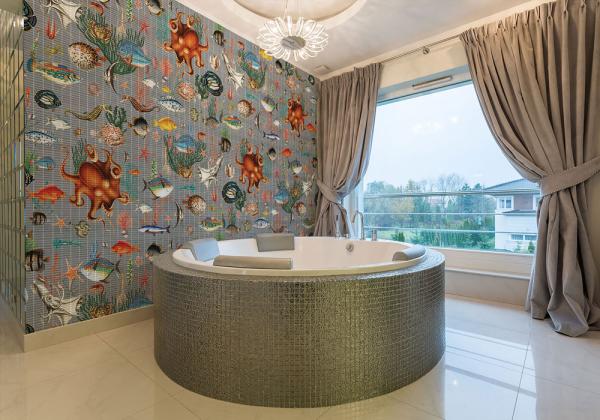
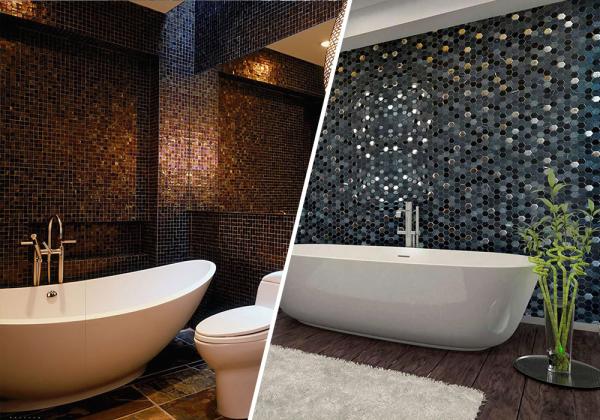
Swimming pool
Mosaic tiles for pool decoration outperforms other types of tiles in many characteristics. Namely: with the help of a mosaic, a curved surface can be faced, this is especially important when a pool with a non-standard bowl shape is created. Also, the mosaic calmly tolerates the effects of chemicals often used to clean the pool.
